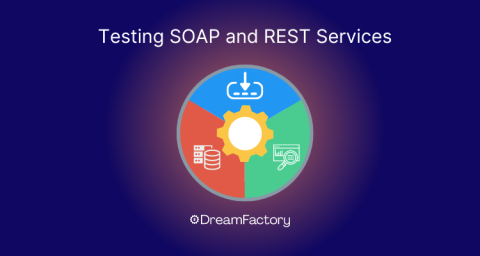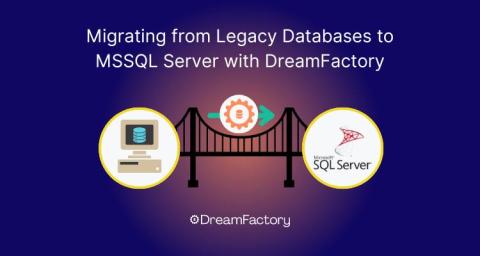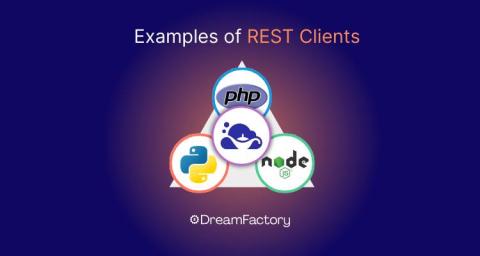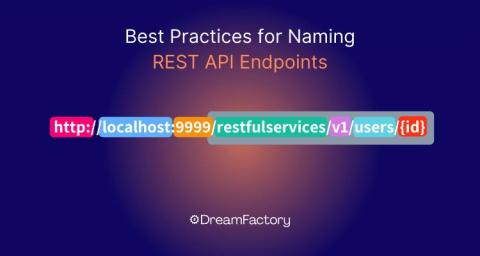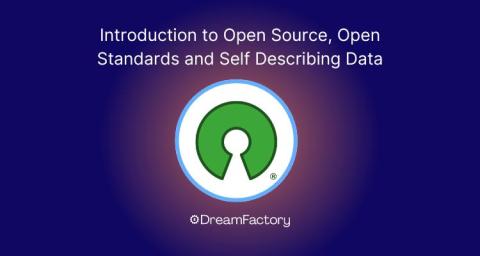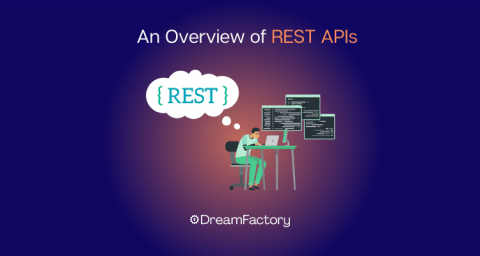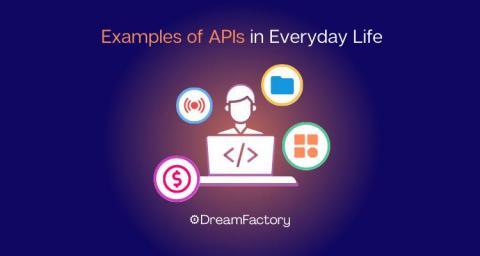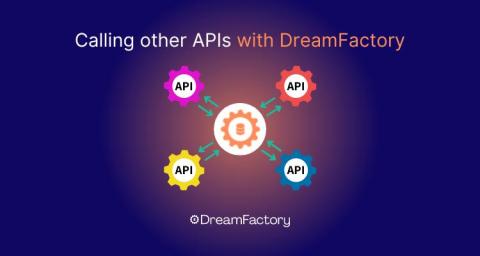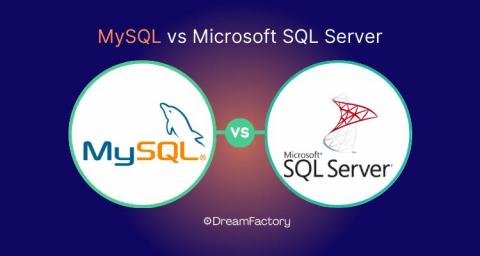How Do You Test a SOAP and REST Service?
REST and SOAP are two critical web services technologies that revolutionize how businesses use APIs. Since APIs are so common, it's important to test them regularly to find vulnerabilities or potential operating problems within the web service. To test a SOAP or REST service, you can use tools like SoapUI or Postman to send requests to the service endpoint, validate responses, and verify that the service behaves as expected under various conditions.


